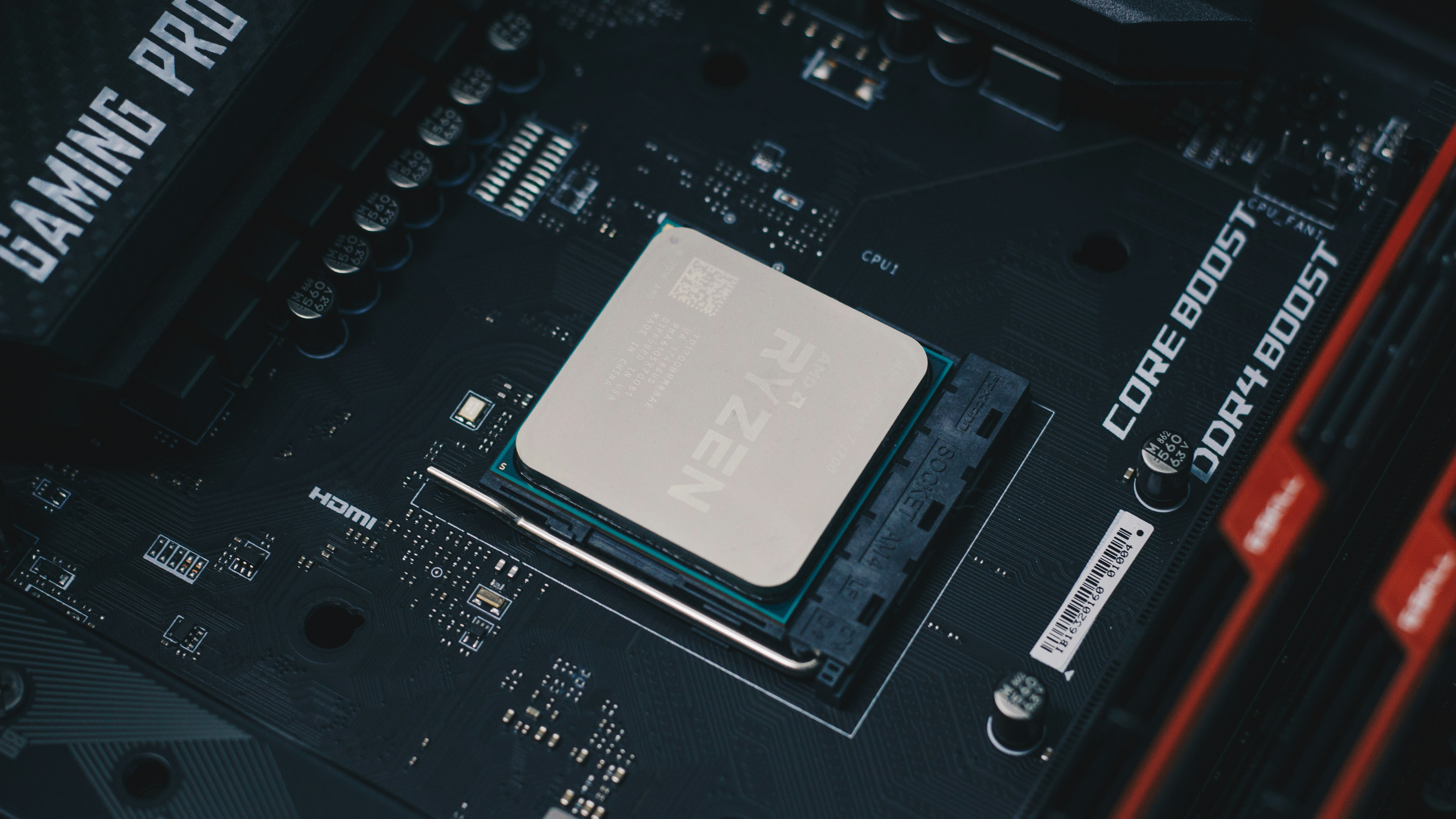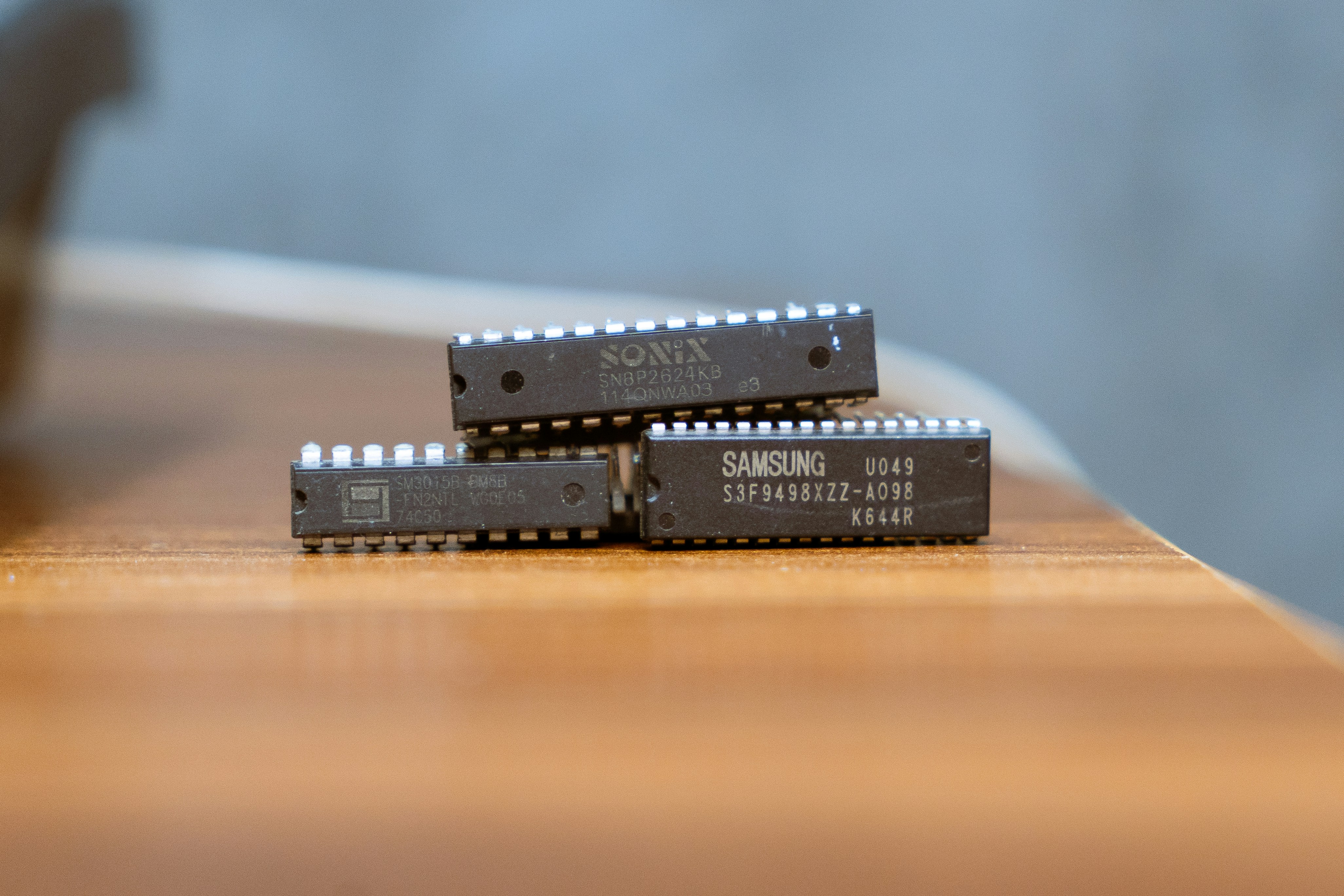
Seasonal Hiring Peaks for Semiconductor Jobs: The Best Months to Apply & Why
The UK's semiconductor sector has emerged as one of Europe's most strategically crucial and technologically sophisticated industries, with roles spanning from junior design engineers to principal semiconductor scientists and heads of chip development. With semiconductor positions commanding salaries from £35,000 for graduate process engineers to £120,000+ for senior principal engineers, understanding when organisations actively recruit can dramatically accelerate your career progression in this critical and rapidly evolving field. Unlike traditional engineering roles, semiconductor hiring follows distinct patterns influenced by chip development cycles, government technology initiatives, and global supply chain considerations. The sector's unique combination of advanced physics, materials science, and electrical engineering creates predictable hiring windows that strategic professionals can leverage to advance their careers in building tomorrow's microelectronics and integrated circuits. This comprehensive guide explores the optimal timing for semiconductor job applications in the UK, examining how national semiconductor strategies, academic research cycles, and chip technology initiatives influence recruitment patterns, and why strategic timing can determine whether you join a cutting-edge semiconductor development team or miss the opportunity to develop the next generation of microprocessors and integrated circuit solutions.

